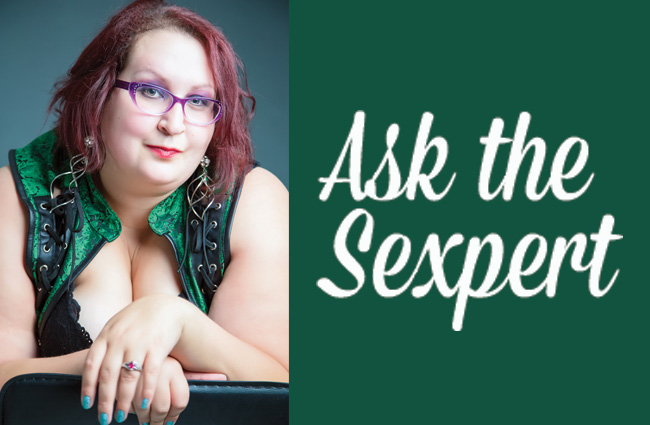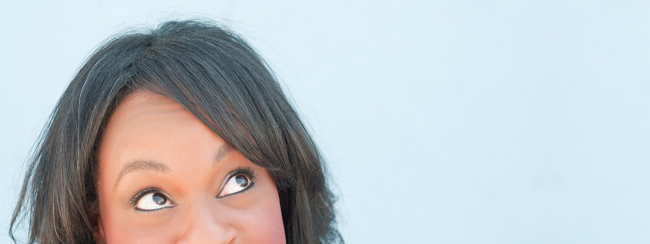Panel: Do our labels like ‘butch,’ ‘femme,’ ‘bear,’ ‘otter,’ etc. help us find community or do they get in the way?
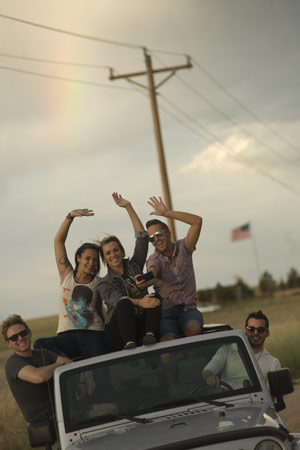
OFC's panel is composed of Colorado LGBT community leaders, weighing…
Pieter Tolsma, Brianna Matthews, Jeff Swaim, Tom Rockman and George K. Gramer, Jr. weigh in on this week’s question.
Pieter Tolsma

Anyone who has done gay online dating has stumbled across some really offensive labels. While I don’t doubt that lesbians, transgender and bisexual people have just as colorful a lexicon as gay men, I am most familiar with gay verbiage and it’s often tasteless and shallow, specifically when it comes to the masc-femme spectrum. These terms exist and crop up like mushrooms in March because they are useful but it does not mean they are doing the community any favors when it comes down to getting us to respect each other’s differences.
As far as those categorical ones that people rally around like bear, otter, pup, etcetera, it really can only go so far. My ex may have had the type of build that qualifies him to be a “cub,” but try to objectify him as such and you are in for a pointed discussion and a look that could melt lead. Those of us who do not really fit into a category are sometimes grouped into them anyways and resist it. Additionally, terms like twink are actually rather derogatory when you stop and think about their origins or what they say about you as a person.
Best solution? Label yourself and embrace the community among other self-identifiers if you like but stop short of trying to Venn diagram everyone else. Some of us just don’t fit.
Pieter Tolsma is program coordinator of Denver PIQUE, a sexual health and social support program for gay/bi men in Denver.

George K. Gramer, Jr.
Personally, I would like to be described as a “silver fox,” but the only label I usually receive is “61-year-old white male.”
While I know that I prefer NOT to categorize anyone flippantly, even those who may fit well into the “categories,” sometimes when describing someone to another person who has not yet met the described, a one-word description suffices perfectly. Labels can seem condescending, but also may very accurately pinpoint the predominant interests or general appearance of the person described. That is particularly true if the individual clings to the attributes of the label’s stereotype.
This may just be me, but thankfully most of my friends defy one-word descriptions. I see each one as a unique individual who has gifts, talents, attributes, and a physical appearance like no one else in the entire world. My LGBT friends are people, not stereotypes – at least not to me. I think in making friendships, I seek people who defy stereotypes, and who do not mirror image me.
Therefore, here are some new labels I want to see applied to LGBT folks: “self-sufficient,” “compassionate,” “drama-free,” “college-educated,” “completely monogamous,” “supportive” and “drug-free.” Most likely, a person with all of those characteristics would be a “unicorn.”
Iowa native George Gramer, Jr. is the president of the Colorado Log Cabin Republicans.

Brianna Matthews
I think labeling us sometimes is in many ways a form of segregation within our own community. You won’t find “Femme” women hanging out with the “Bears” or vice versa. But I think in some cases it does define us — describing who we want to associate with. For the most part, we associate with who we are interested in.
It does help us find who we are looking for in our community — and a society we tend to need to label everything because it helps us define the world around us — but I think the question is, is that the right thing to do?
As people we tend to compartmentalize all the things in our lives, and I think even more so in the LGBT community. It’s easier to say “I’m trans” and I want to associate with others like me, so then we would seek out other trans persons, or I’m a “femme” lesbian, so I seek out others like me to be around, or that I like only “femme” women, because I too am “femme” or I want to find a butch woman, because I like “butch” women.
The short answer is that I think it helps us navigate who we are and who we like as group of people. As with all things, I feel there are no absolutes, but sometimes a label is a necessary evil.
Brianna Matthews is a 40-something post-op trans woman, lesbian, and telecommunications professional working for a major telecom.
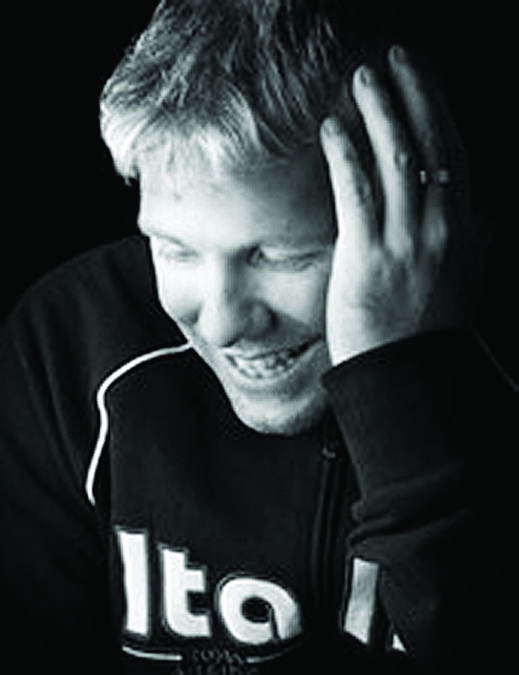
Jeff Swaim
I do believe labels can help find community as long as they are simply descriptors that are embraced by the individual desiring the association. Being a ‘foodie,” a “geek,” a “karaoke junkie,” or a “twink” can provide a quick and simple way to define a group with which to associate.
When labels become shallow and stereotyping (gays as “effeminate” for example) — they become harmful and get in the way. I’m not a fan of political correctness, so for me labels are just one more way to communicate quickly and effectively, while realizing every person and every group has as many or more other attributes that make them unique and different as they are similar.
On a side note, some labels can be a little too esoteric to be effective. I just found out “otters” are defined as slim, hairy guys. I always thought “otters” were younger, thick hairy guys — smaller versions of “bears,” if you will. Just goes to show how important it is to always read the label!
Jeff Swaim is an entrepreneur, sports lover, outdoor enthusiast, philosopher, and ex-Nebraska farm kid. He’s also a believer in unleashing the incredible talents and potential of people.
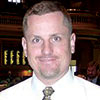
Tom Rockman
Labeling members of the GLBT community is a double-edged sword. On one side, labels such as “butch,” “femme,” “bear,” and “otter” celebrate the diversity of individuals that abound while making it easier for others to associate with people of those labels –or– persuasions.
On the other side, it might be a bad thing since individuals can be pigeon-holed and people with certain preferences would be missing out on individuals in other label categories. Sometimes, we have idealized versions of who our friends and partners should be compared to who those friends and partners actually become.
For example, after being honorably discharged from the U.S. Air Force for being gay, I joined Gay & Lesbian Young Adults in Dallas (a social/support group for 18- to 25-year-olds). In 1990, I recall meeting Matte Minick—my best friend of 23+ years—standing outside the community center alongside my future first boyfriend James Eric Ramsey. Both did not conform to my accepted norms of “rough around the edges” masculinity to hyper masculinity.
Both Matt and James were on “fire” that day—thrilled to meet a real ex-military man—with screaming body language and flaming gestures while reciting shrill lines from “Steel Magnolias.” It was through these spry souls that I opened my eyes to the endless range of possibilities of who we form friendships with and who we fall in love with.
Over the years, I have learned to accept that GLBT folk come in different shapes, sizes, colors, sexual orientations, and gender identities. These labels may –or– may not hinder our ability to connect with others and may not adhere to our preconceived notions of who they should be.
What's Your Reaction?
OFC's panel is composed of Colorado LGBT community leaders, weighing in on issues and questions that arise in the news, politics, media and culture. Got a question for the panel? Submit to matt@outfrontcolorado.com.




